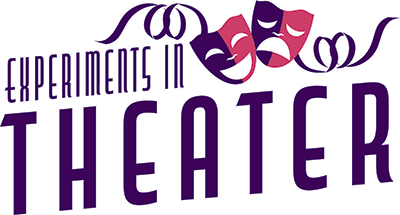There are many ways in which participation in theater can encourage reading. Educational standards in reading comprehension, fluency, phonics and vocabulary instruction are all reinforced when an early reader participates in a script-based (as opposed to improvisational) theatrical production.
Typically, when play rehearsals begin, students are given a script and asked to work on and eventually memorize lines for a particular character. The students enjoy taking the script home and highlighting their lines. This exercise reminds me of a homework assignment I was given in grammar school. The task was to go home and find a book that my parents read to me and circle all the “B’s” in pencil. Even though I couldn’t read yet, I knew enough about the letter “B” to be able to identify it whether it was capitol or lower case, at the beginning of a word or in the middle.
This is what happens when a child highlights her script. Once you’ve give her a role, she will be so excited to see how big her part is that she will skim through the entire script in one night to find where her character’s name appears. The next time you see her, I promise you that she will proudly display her highlighted script to you.
In order to have a well-rounded theater experience, it is important to introduce and discuss character objectives. An objective is simply a goal. Each student must have a goal for her character. Ask the students what (they believe) their character wants to achieve in the story. Either open up the discussion to the whole group or distribute character analysis worksheets to each student to be completed at home. (If you have a small cast, an open discussion would probably work, but if you have a large cast of 20 or more students, I suggest using the sheets.) Ask them to explain their objective based upon what they know from the story. This is reading comprehension. You are asking the students to cite details from the play to support their conclusions about their character’s goals.
If you are going to go through the trouble to rehearse a play, you will naturally want to give your students an opportunity to perform in front of an audience. Your students and your parents will expect it! No matter how elaborate or how minimal your production values, the most important quality of a good performance is HEARING THE LINES! In rehearsals, you will want to work with all your students on pronunciation, diction, volume and inflection. Since the students are working with the same text at each rehearsal, and repeating the same words and phrases innumerably, they will have the opportunity to imbed new vocabulary words, practice their public speaking and increase their overall fluency.
Theater is a wonderful, cooperative way for kids to sharpen their reading skills. It is also a fun way for families to help with reading.
